Our The Angry Black Girl and Her Monster cast interview went into detail about the scenes and characters of each of the members.
The Angry Black Girl and Her Monster is the chilling story of a young black girl in an urban home that experiences the death of both her mother and her brother.
The story continues to show the community and the obstacles that people in the community have to overcome relating to drugs, gangs, lack of support in the school systems and the inability to be kids.
Bomani J. Story who is the director and writer of this incredible film dives into his rendition of Franklin the Monster by putting a spin on the underlying life of a family that is struggling.
The film points out different concepts of the the brilliance of the character Vicaria who shares her intelligence with her teacher who isn’t too fond of how morbid she can be.
Vicaria continues to tell others that she is capable ofth finding the cure to death and creating her own experiment to do it as well.
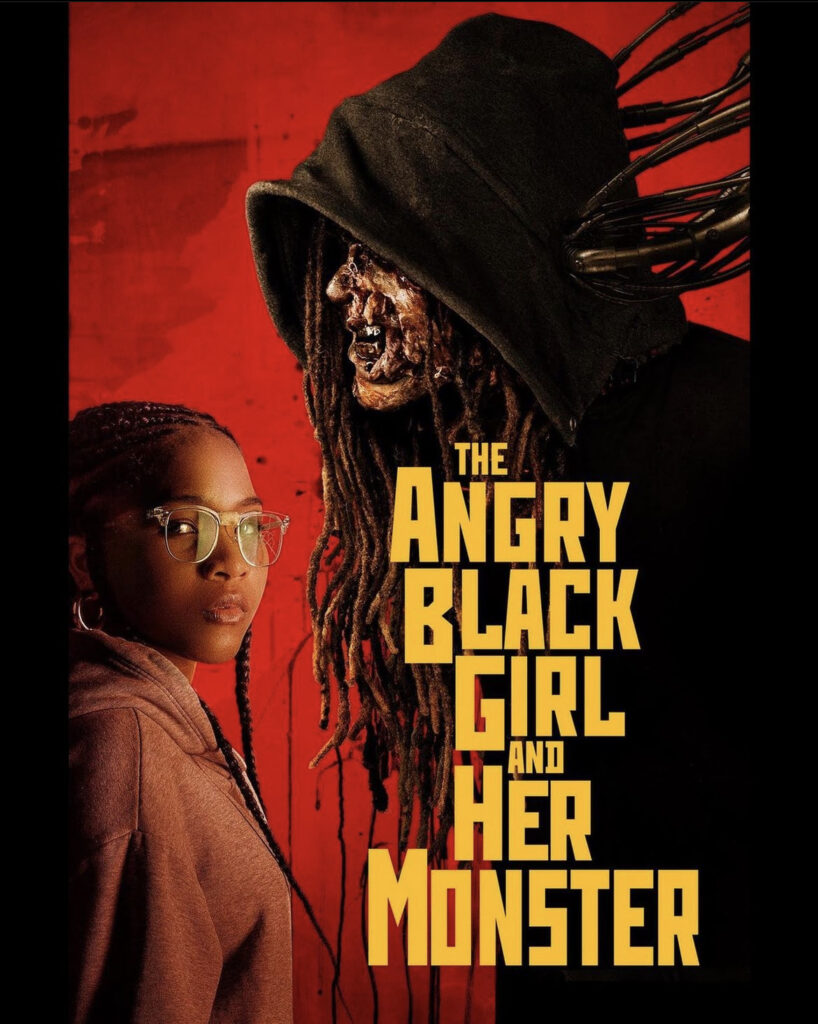
As we dive deeper into the film, we are able to sit down with Laya Hayes, Chad Coleman & Denzel Whitaker who are some of the cast members from The Angry Black Girl and Her Monster. We also had the opportunity to sit down with Bomani J. Story as well.
We were able to get a better understanding about how they cast members felt being apart of an amazing film and also understanding the inspiration behind the script as well.
Here is ‘The Angry Black Girl and Her Monster’ Cast Interview
Parlé: I want to start off by speaking with Bomani. What an incredible title, it kind of speaks for itself. Tell us what inspired you to write this script?
Bomani J. Story: Well you know it started with the literature, the original text. I love that book, still love that book and it just resonated with me in a lot of different ways. I knew I wanted to do something with it and that mixed with the fact that I have two older sisters who helped mentor me and shepherd me throughout my life. So they were the muse, the combination of those things is what really jumped this story off.
Parlé: What is the one thing you hope that a person watching your film gains?
Bomani J. Story: My favorite movies that I have ever watched are the ones I walk in expecting something and leave getting more. I hope that the audience members are able to walk into this movie expecting whatever it is, the Frankenstein story or horror movie but leave with a lot more. Leave knowing that they were moved in more ways than one. That will always be my hope because it always feels good when you pay for something and you get extra somehow.
Parlé: My next question, will be to Laya. How did you feel being the lead role in the film but knowing that you had to portray being the “angry black girl”?
Laya Hayes: Right. I think for all of us we never want to feed into a stereotype or that’s going to categorize us into a box. It was definitely one that I was concerned with when I read the title, I was like oh my gosh. Angry black girl, what?! It wasn’t something that I obviously wanted to feed into but I think immediately when you read that character description and then you read the script and you see it put on a screen, you really get to see all of these fascists and layers of Vicaria and who she is just as a young girl. A brilliant young girl. Also, how her family life, the community that she is apart of has all affected her. It has all affected her mind and where maybe to some people that most extreme case where wanting to cure death may seem far fetch but to her its rational. I think for anything as an actor and as a person it was so freeing to be able to trust that instinct or to trust that gut of just doing it and feeling that in the moment, she’s completely passionate about it and she believes in it wholeheartedly. She is going to march to the beat of her own drum no matter what people say she can or can’t do. As an actor that was really liberating and to be leading this project I couldn’t have asked for a better experience for a better first project to lead, also to my cast and crew especially the director Bomani who really was able to show us his vision but also give us a lot of space to play & bring what we thought was right to the characters even separately.
Parlé: While playing the character Vicaria, do you believe that you pulled anything from your personal life into the character?
Laya Hayes: Oh completely. There are so many parts of Vicaria and even her family life that I can relate to, I’ll also say it again that there were so many scenes with Chad Coleman, where I was like this is literally me and my dad. I feel like that relationship is so important to see on screen. But there is such a, like the opening line, death is a disease and she believes that she can cure it, is very intriguing and when you’re young and you’re going through death or you experience grief for the first time its hard to fully comprehend and understand what to do with all of these feelings inside of you. I lost my grandpa like 2 years ago and its one of those weird things where I never experience anything like that before and even something like this role and doing this project was healing in a way with even trying to figure out and try to understand my own grief even as a person. So yeah, definitely things to pull from but a lot I could pull from just from the experience into my own personal life as well.
Parlé: I want to shift to Denzel & Chad. I’ll start with you though Chad, how did it feel being black men on this film and playing roles of the characters that were affiliated with a gang and a person with an addiction? Did you find inspiration to fulfil your characters?
Chad Coleman: Listen, my heartaches for my people in martialized places, always. It has always been about community and brotherhood from where I come from which is from Virginia, teachers and the pastor and being involved with the arts, I was always taught to nurture my community, to be apart of it. So I was feel a certain responsibility that was resonating within this piece the painful conundrum that we are in to maintain our families and having to take on the weight of what it means to grow as a person of color in this country. In communities that people have by design are just trying to snuff you out really, that’s what’s happening in a kind of jedi mind-trick way, that’s what’s going on. So how do we circle the wagons with each other and find a way to take care of each other and how does love continue to live and what does that look like in the mist of the pain. So all of that was very much apart of a personal experience, obviously I’m a father, I have two children. I am a huge component for black families. See us, know us behind these stereotypes and hopefully someone else not of color will walk out of that movie and will want to responsibility for NOT doing that. This movie is full of humanity, what it looks like. Not the lofty idea but the true boots on the ground this is how it is, this is what we have to work with. I really am so proud to be apart of this movie, it’s very important.
Denzel Whitaker: It’s important that any time we get an opportunity to tell our story we make sure that we are accurately reflecting of ourselves and of the cultural in a way that prior to people trying to write our stories, they have not gotten it right. Specifically with my character Kango, the surface he can and does present himself as the “stereotype” of what someone in his community will look like, almost looks like the stereotype but as you get to know Kango throughout the film there’s always these layers and nuance and there’s true heart there. Coming from where we come from and the neighborhoods that we reside in or even the people that we interact with, yeah sure we know some if the toughest and roughest people but also do they have heart, where is there value with family. We as humans we are three dimensional characters, so why are we so use to only seeing a two dimensional version of ourselves. That is just not restricted to Kango but that is also to Donald, Vicaria, Iesha all these wonderful characters that Bomani has crafted within this story. Because it is coming from the source of us our authentic stories to us we are able to bring that to life and share a more accurate depiction. Of course when varies audiences, audiences that aren’t necessarily use to us sharing our story watch something like ‘The Angry Black Girl and Her Monster’ you can see nuance, you can see that it’s not as forward facing or just as the store front presentation that you’re use to, there’s so much depth and shape. To be honest with you, it’s all credit to Bomani for writing these wonderful characters and for holding the space for us to bring these characters to life. Again, the opportunity Own Tv, Shudder, ALLBlk that we even get the opportunity to put ourselves on front street so that we can finally display our truths.
Parlé: Is there something else that you would want someone to capture or take away from the movie when they go to see it June 9th?
Chad Coleman: We are very proud of who we are and where we come from, we do want you to know that it is a universal story that’s how he was able to take something that wasn’t particularly related towards but still built what he built. It’s a movie for everyone, please come and have this experience or go well that’s a black film. It’s for you, its for us, it’s for everyone. Come with your humanity, and be able to accept these hard truths and come away with something that allows you to do something impactful for when you walk out that theater.
‘The Angry Black Girl and Her Monster’ is a film that will shed light on all things pertaining to the community and real-life situations. Bomani and every other person who had their hand in directing and creating this story are incredible.
Readers May Also Like:
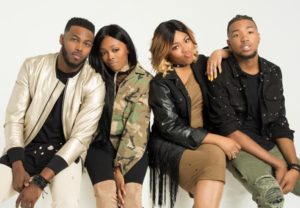 [INTERVIEW] The Walls Group Helps Reveal ‘The Other Side’ For Fans & Gospel Lovers
[INTERVIEW] The Walls Group Helps Reveal ‘The Other Side’ For Fans & Gospel Lovers
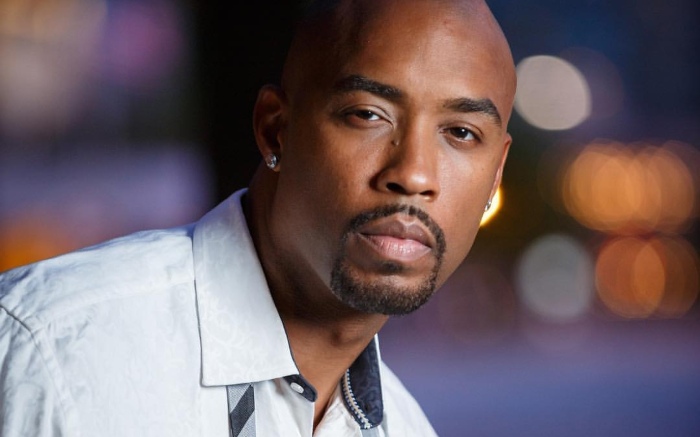 [INTERVIEW] Montell Jordan Chose Marriage Over Music, But Still Has A Message
[INTERVIEW] Montell Jordan Chose Marriage Over Music, But Still Has A Message
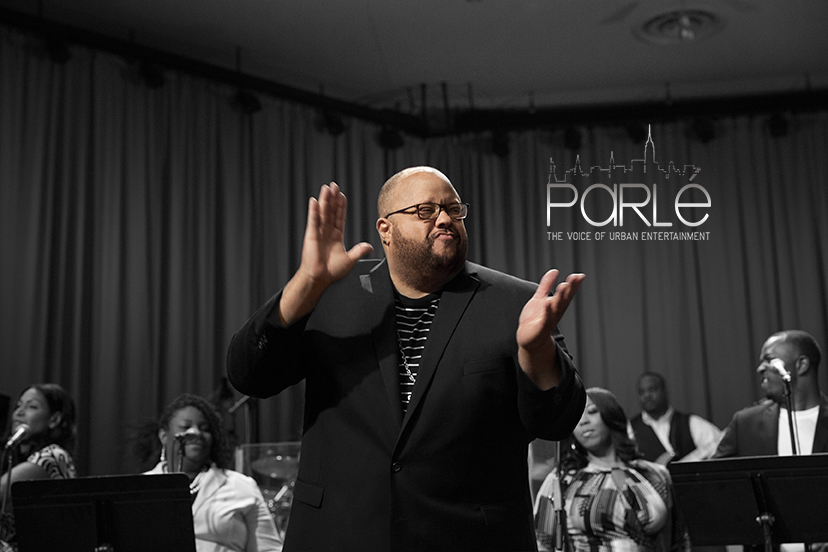 [INTERVIEW] Legendary Gospel Singer Fred Hammond Talks 30 Effective Years of Praise
[INTERVIEW] Legendary Gospel Singer Fred Hammond Talks 30 Effective Years of Praise
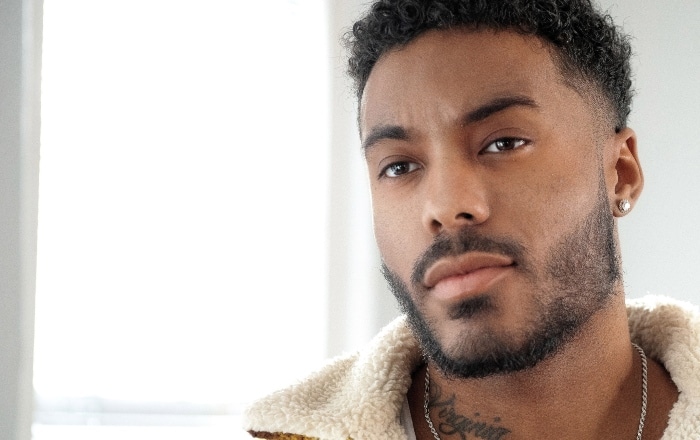 [INTERVIEW] Nashville Country Singer Tony Evans Jr. Goes Behind the Art
[INTERVIEW] Nashville Country Singer Tony Evans Jr. Goes Behind the Art

